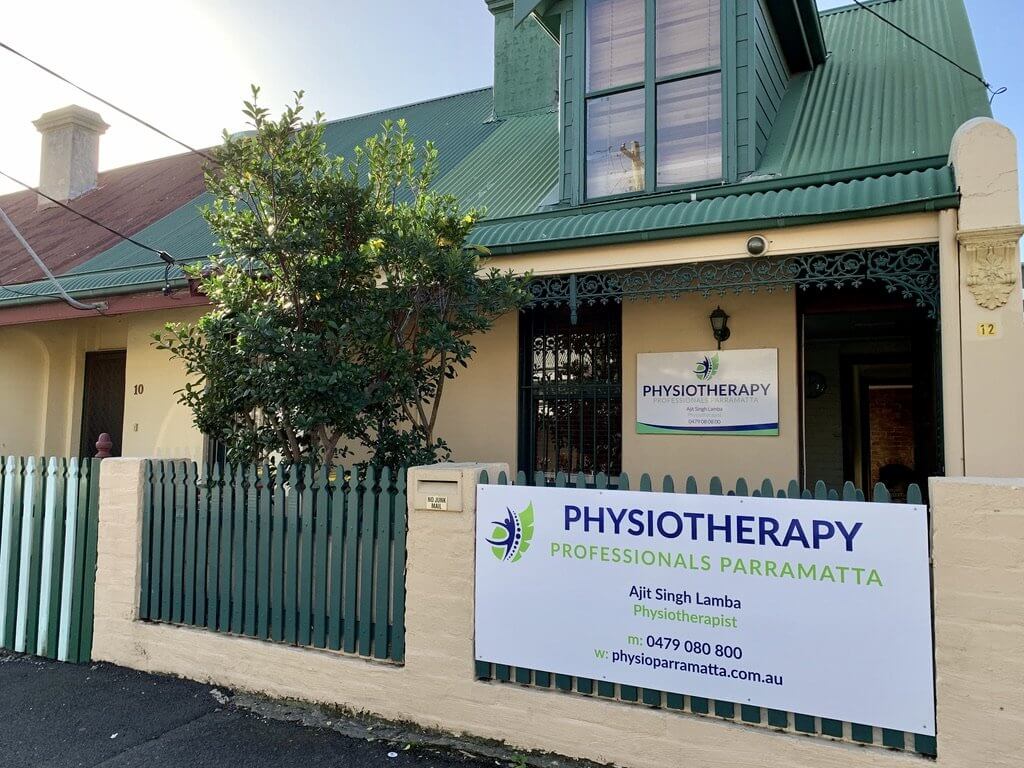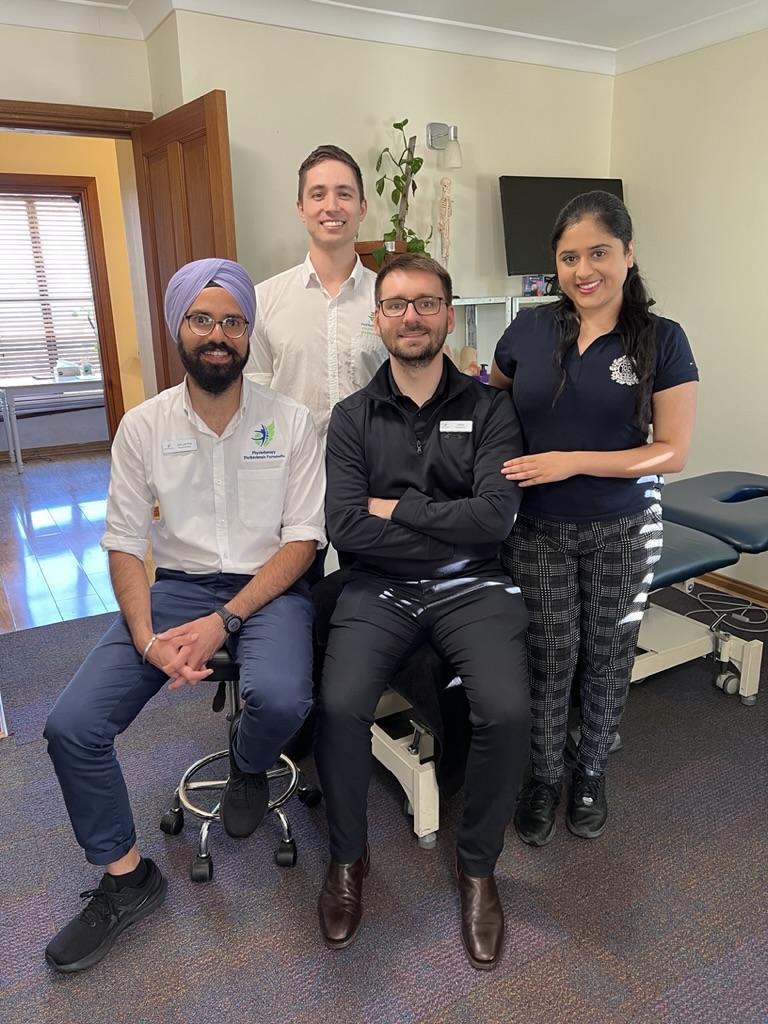NDIS Parkinsons Disease

NDIS Parkinsons Disease
Exercise is an essential component of managing Parkinson’s disease and can greatly improve quality of life for those living with the condition.
Parkinson’s disease is a neurodegenerative disorder that affects movement and can lead to tremors, stiffness and difficulty with balance and coordination.
While there is no cure for Parkinson’s, regular exercise has been shown to be a powerful tool for managing the disease and its symptoms.
One of the primary benefits of exercise for people with Parkinson’s is that it can help to improve mobility and flexibility. Stretching and strengthening exercises can help to loosen tight muscles and improve range of motion, making it easier to perform everyday activities such as walking, dressing and bathing. Exercise can also help to improve balance and coordination, reducing the risk of falls and injuries.
In addition to its physical benefits, exercise has also been shown to have a positive impact on mental health in people with Parkinson’s. Exercise has been shown to improve mood, reduce stress and anxiety and improve overall quality of life. It can also help to improve cognitive function and memory, which can be affected by Parkinson’s disease.
There are many different types of exercise that can be beneficial for people with Parkinson’s, including cardio, strength training and flexibility exercises. Cardio exercises, such as walking, jogging or cycling, can help to improve cardiovascular health, increase energy levels and reduce fatigue. Strength training exercises, such as lifting weights or using resistance bands, can help to build muscle strength and improve mobility. Flexibility exercises, such as stretching or yoga, can help to improve range of motion and reduce stiffness.
It is important to consult with your GP and Physiotherapist to develop a safe and effective exercise plan that is tailored to the individual’s needs and abilities. This may involve starting with low-impact exercises and gradually increasing intensity and duration as the individual’s condition improves. It is also important to incorporate a variety of exercises to target different muscle groups and to ensure that the individual is not overdoing it and risking injury.
In addition to traditional forms of exercise, there are also many specialized programs and therapies that have been developed specifically for people with Parkinson’s. These may include exercise programs that focus on balance and coordination, such as tai chi or dance therapy, or programs that utilize music or rhythm to improve movement, such as drumming or singing.
It is important to remember that exercise is just one aspect of managing Parkinson’s disease. In addition to regular exercise, it is also important to follow a healthy diet and to take medications as prescribed by a healthcare professional. Regular check-ups with a healthcare team can also help to monitor the individual’s condition and make any necessary adjustments to their treatment plan.
Exercise is important for everyone, but it is particularly beneficial for people with Parkinson’s. It is a powerful tool for managing the physical and mental symptoms of the disease and can greatly improve overall quality of life. By consulting with a healthcare professional and developing a safe and effective exercise plan, people with Parkinson’s can take an active role in managing their condition and enhancing their well-being.
What Exercises Are Recommended?
- Aerobic exercises, also known as cardio exercises, are activities that increase the heart rate and oxygenate the blood. These exercises can include activities such as walking, jogging, cycling or swimming. Aerobic exercises have been shown to be particularly beneficial for people with Parkinson’s because they can improve cardiovascular health, increase energy levels and reduce fatigue.
- Strength training exercises, also known as resistance exercises, are activities that involve using weights or other forms of resistance to build muscle strength. These exercises can include activities such as lifting weights, using resistance bands or doing push-ups or squats. Strength training exercises are important for people with Parkinson’s because they can improve muscle strength, mobility and flexibility.
How to get Started With An Exercise Program:
- Consult with your GP and Physiotherapist. It is important to develop a safe and effective exercise plan that is tailored to your needs and abilities. Your Physiotherapist can help you to identify the right exercises for you and to ensure that you are starting at a safe and appropriate level of intensity.
- Start slowly and gradually increase intensity. It is important to start with low-impact exercises and gradually build up to more intense activities. This will help to minimize the risk of injury and ensure that you are not overdoing it.
- Incorporate a variety of exercises. It is important to target different muscle groups and to incorporate a variety of exercises into your routine. This can help to prevent boredom and ensure that you are getting a full-body workout.
- Find activities that you enjoy. Exercise should be something that you look forward to, not a chore. Try to find activities that you enjoy, such as walking, dancing or cycling. This will make it easier to stick with your exercise routine and keep you motivated.
Exercise is important for everyone, but it is particularly beneficial for people with Parkinson’s disease. It is a powerful tool for managing the physical and mental symptoms of the disease and can greatly improve overall quality of life. By consulting with a healthcare professional and developing a safe and effective exercise plan, people with Parkinson’s can take an active role in managing their condition and enhancing their well-being.
Contact Us:
Do you need assistance with your Physiotherapy treatment? Experienced team of Physiotherapists with essential knowledge. You can call us anytime to have a confidential discussion with our expert Physiotherapists. For more information on how we can further assist you, please call our clinic number on 0479 080 800 or send us an email on [email protected] for further details. Our Physiotherapists are Medicare, NDIS, and Work Cover approved, specialising in injury management and rehabilitation to get you back on track.

Physiotherapy After A Car Accident
